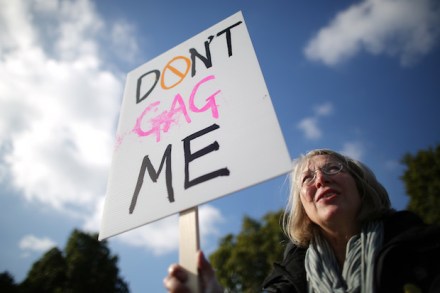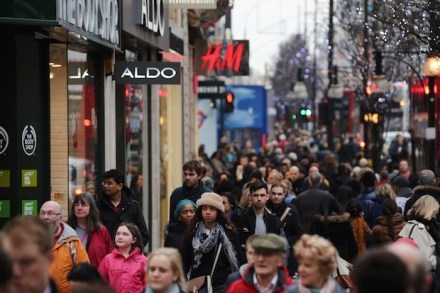Michael Gove is right — the Conservatives are the party of social justice
Yesterday, George Osborne dedicated himself the mission of ‘full employment’. Today, Michael Gove has given a speech declaring that the Conservatives are the ‘party of social justice’. This is not positioning – it’s simply stating the obvious. Thanks to Gove, the best hope a council estate kid has of dodging the local sink school is for a new school to open nearby. The Gove reforms don’t help the rich – the education system works fine for them. The best state schools are filled with the state pupils from the richest backgrounds. Ed Balls was sent private, as his dad (who used to teach at Eton) had wisely saved money and



















